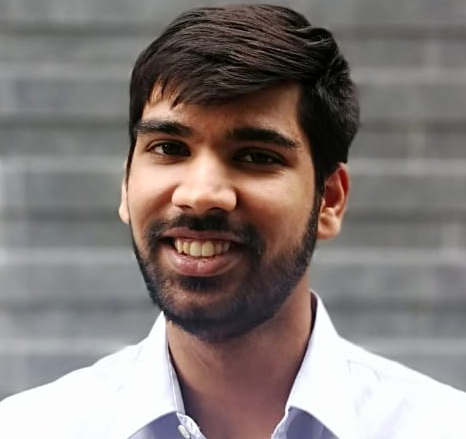By all accounts, we are in the midst of an ‘information revolution’. Like technological revolutions that have preceded it, the information revolution has been precipitated and been shaped by social, political and economic upheavals. Modern information technologies, including those classified as artificial intelligence or ‘big data’ technologies, are shaping new modes of production, overhauling the citizen-state relationship and producing new social and cultural experiences, which legal scholarship must urgently reckon with.
What role do legal systems play in thinking about or regulating this new paradigm of the information society? Almost every legal system, including in India, has laws on the subject of media regulation, the protection of intellectual property rights, or on the disclosure of government records. More recently, and in part as a response to the new information society, legal systems have started recognizing data protection and privacy as ways to protect individual rights and interests in personal information.
However, modern information technologies operate through distinct modalities and present new challenges for legal systems. One popular articulation of the role of law in technology regulation has been to think about ‘code as law’ – a formulation ascribed to Lawrence Lessig, which states that the architecture of a digital system (or ‘code’) is an instrument of governance and regulation, and operates as the default ‘law’ for the information society, shaping our actions and behaviour. Algorithmic automated decision-making systems like social media feeds which decide the content we view, or facial recognition technologies, which determine who gets captured on police databases, are relevant examples of how the design and functions of information processing technologies act as sites of behavioural control.
Too often, however, the relationship between the law and technology is seen as instrumental – the law either regulates ‘code’ to achieve some pre-determined legal goal or is subverted and unable to regulate technology. However, this framing does not capture the complex and contested manner in which both law and technology respond to and are shaped by wider political and economic claims over the information society.
In his study of the industrial revolution, Karl Polanyi describes how the law acted as a vehicle for economic interests to re-conceptualise and enclose common properties, in order to create private properties necessary for the development of industry and private capital. A responsive counter-movement to this enclosure and development of the industrial revolution lead to the regulation of harmful technologies and labour protections. In her book Between Truth and Power, Julie Cohen describes a similar ‘enclosure’ of private information and public goods as taking place in the information revolution.
The question for legal scholarship in India is to both reveal the role of the law and legal institutions in shaping the particular form that the Indian information society has taken – from the citizen’s right to information and its implications to the mechanisms of enumeration and surveillance now integral to governance. This requires examining the role of the law in regulating (the increasingly enmeshed) domains of both ‘private’ and ‘public’ law.
How has the development of India’s Competition Law regime affected the formation of information monopolies? What does the constitutional right to privacy indicate about automated decision-making systems? How has copyright and trade secret law affected the citizen’s right to information about the government?
Over the next few months, this project will attempt to answer these questions and examine not only the role of the law in shaping the contours of the information society but what a just and equitable ‘public law of information’ could look like. We will be curating academic contributions, responding to legal and scholarly developments in the field through blogs and media projects and holding a workshop and online forums to disseminate our findings.
Further Reading:
- Frank Pasquale and Arthur J. Cockfield, “Beyond Instrumentalism: A Substantivist Perspective on Law, Technology, and the Digital Persona.” Mich. St. L. Rev. (2018): 821.
- Julie Cohen, “Between Truth and Power: The Legal Constructions of Informational Capitalism”, (OUP, 2019).
- Lawrence Lessig, “Code: Version 2.0”, (2006)

